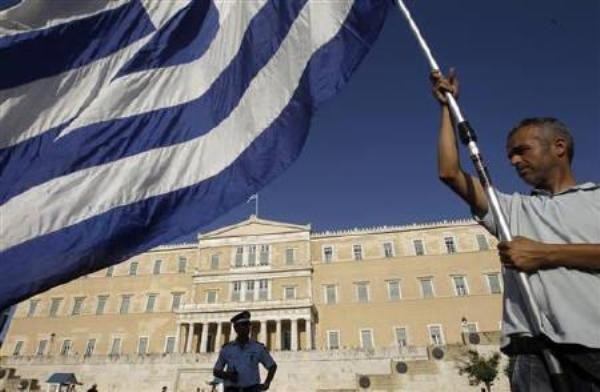Bloodshed in Greece's financial markets continued on Monday when the country's stock exchange opened after five weeks of closure. Within minutes of opening, the Athex shed 22.8 percent to 615.16 points.
This resulted in shareprices of the country's major banks dropping by 30 percent, reports Time. BBC blamed Praeus Bank, National Bank, Alpha Bank and Eurobank - the biggest lenders in Greece - for the share plunge.
It was the longest trading halt in Greece since the 1970s as the country negotiated with its foreign creditors. The banks were also closed and capital controls were imposed on June 29 after Greek Prime Minister Alexis Tsiparas ended bailout talks with creditors.
Traders expected the decline in bank shareprices. With the drop in shareprices of Greek companies, sell offs are expected. Chris Konstantinos, international fund management director of Riverfront Investment Group in Richmond, Virginia, told Bloomberg, "It's very hard for me to see why Greek stocks will be something people want to get involved in the near term."
As a result, he forecasts earnings direction among Greek companies to be negative for a long time. If stocks' prices would swing wildly, the regulator has the power to impose restrictions on share purchase by local traders to preserve the country's financial system such as suspending stocks.
On Friday, the Greek Finance Ministry decreed that money to purchase stocks, bonds, dividends, derivatives and warrants could only come from new sources such as transfer from overseas, cash-only deposits, earnings from future sales of shares or existing investment account balances held at Greek brokerages because bank withdrawals remain limited.
But the restrictions do not apply on foreign investors who were already active in the Greek market before the capital controls were put in place. However, even foreign investors are not interested. Don Gimbel, global portfolio manager of Geneva Advisors in Chicago - who oversees $9 billion - asks, "Why would anybody want to be invested in a controlled market?"



























